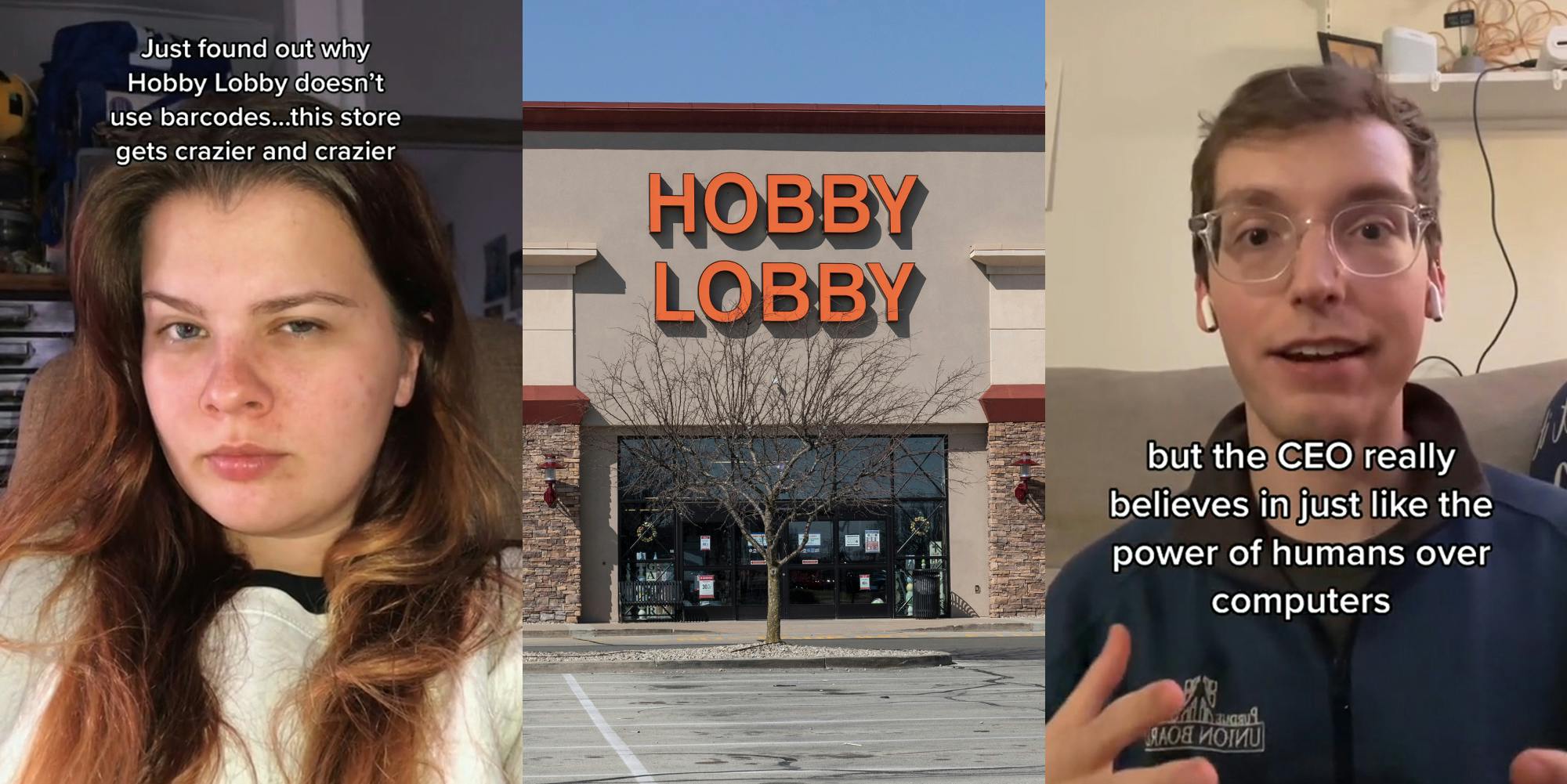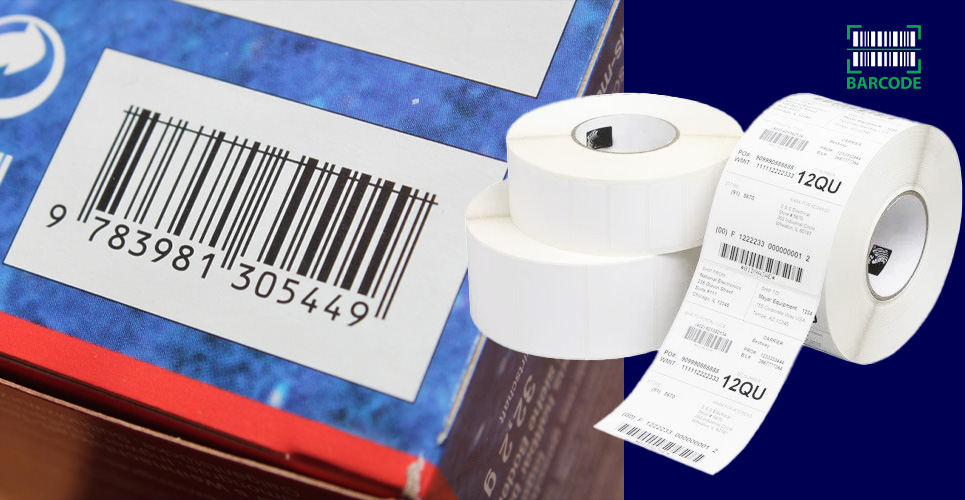Hobby Lobby is a popular American arts and crafts retail chain known for not using barcodes in their stores. Instead of scanning products at checkout, cashiers manually enter product numbers into the register. This unique approach sparks curiosity among shoppers and raises questions about why Hobby Lobby avoids the ubiquitous barcode system used by most retailers.

There are a few key reasons why Hobby Lobby does not use the standard barcode technology. Understanding the roots of the company’s founding and its Christian values provides insight into this distinctive business decision. Examining barcode basics also explains how entering product numbers can serve as an alternative.
History and Christian Foundations of Hobby Lobby
David and Barbara Green founded Hobby Lobby in Oklahoma City in 1972. As devoted evangelical Christians, the Greens ran their business based on biblical principles and Christian values. They closed stores on Sundays, played Christian music in stores, and offered one of the best wage and benefits packages in retail to employees.
The decision not to use barcodes stems from the Greens’ religious convictions. They believed certain barcode systems could represent the “Mark of the Beast,” a coded symbol mentioned in the Book of Revelation associated with the end times. While various interpretations exist, the Greens wanted to avoid any potential association with this prophecy.
Connection to Bible Scripture
The biblical passage causing concern for the Greens refers to a time when no one can buy or sell without having a special mark, either on the right hand or forehead. Some interpretations speculate advanced technology, like barcode tattoos, could fulfill this prophecy. However, the barcode’s three long lines also raised questions for the Greens because of the scripture from Revelation 13:18 about “the number of the beast…is 666.”
Focus on Christian Values, Not Legalism
Importantly, the decision about barcodes aimed to reflect the Greens’ faith values, not force their beliefs on others. The move away from barcodes centered on caution and conviction for their business, not condemning modern technology. As committed evangelicals, they wanted to honor what they understood as biblical truth, acting with care rather than fear or judgment.
How Retail Product Identification Works
Looking closer at retail operations provides useful context around the barcode decision. Product identification plays a vital role in managing inventory and checking out customers. Let’s explore the basics of identification methods like UPC barcodes and alternate product lookup numbers.
UPC Barcodes as the Retail Standard
Universal Product Codes (UPCs) utilize barcode technology to identify products. UPC barcodes got adopted as the standard product scanning system in retail and grocery stores in the 1970s and 80s. Today, barcodes provide efficient, accurate product data and pricing.
When an item gets checked out, the cashier scans the UPC barcode using an optical scanner. This reads and converts the barcode pattern into numbers that pull up the product and pricing information on register screens. Stores rely on this instant data access to manage high volumes of inventory and transactions.
Alternatives Like Product Lookup Numbers
UPC barcodes dominate the retail landscape, but alternatives like product lookup numbers work too. Many stores have inventory management systems that assign product identification numbers. Workers can manually enter these numbers on registers to pull up products just like scanning barcodes.
Without barcodes, cashiers at Hobby Lobby manually type identifying numbers into the point-of-sale system to retrieve each item’s details during checkout. It takes a little longer than barcode scanning, but functions reliably as a solid product ID option.
Operational Impacts of Avoiding Barcodes
Eschewing barcodes in favor of manual product number entry affects certain parts of Hobby Lobby’s operations. Let’s analyze key business areas impacted and how the company adapted processes due to this exception to retail norms.
Store Management and Inventory Tracking
Careful organization helps Hobby Lobby run smoothly without barcodes. Products get assigned unique identifying numbers managers use to organize inventory and storage areas in the stock room and sales floor. Workers must diligently maintain this system.
More time and effort goes into manually tracking inventory compared to barcode scanning systems. But the product number methodology works sufficiently for Hobby Lobby’s needs, even supporting expansion over time to 900+ stores.
Staff Training and Customer Service
Hobby Lobby’s approach also affects staff training and customer service. Employees take longer to learn the specific product identification numbers. Cashiers must carefully enter codes instead of swiftly scanning items. This can lengthen checkout times, often requiring customer patience.
Yet the company strives to maintain excellent service levels, even with the extra effort of manual product entries. And customers frequently express curiosity about the unfamiliar system, giving employees a chance to explain the history behind this unique aspect of the Hobby Lobby shopping experience.
Reflecting Values Through Business Decisions
The Greens built Hobby Lobby to align business practices with Christian standards and biblical truth as they understood it. Avoiding standard barcodes and UPC systems matched their religious convictions despite added operational complexity.
This choice did not stem from opposition to modern technology, but honorable caution. The Greens simply acted on their faith values in a thoughtful way true to their beliefs. The product number lookup method works reliably for Hobby Lobby without compromising cherished principles.
In the end, the decision not to use barcodes reflects vital foundational values, even if it bucks wider retail norms. This exceptional approach helps define Hobby Lobby as a distinctly values-driven company committed to applying beliefs in business.



